As humans, we tend to embrace the sunshine and warmer weather that the summer months bring us. However, enjoying these warmer temperatures can quickly become very dangerous for our four-legged friends. Dogs lack the amount of widespread sweat glands that humans possess; only having sweat glands in their feet and around their nose. Therefore, they are unable to tolerate the heat like we can, relying on panting to keep themselves cool. Brachycephalic breeds (flat-faced breeds) such as Pugs, Bulldogs and Boxers have a further increased susceptibility to heat stroke due to their upper airway abnormalities. We want to make everyone aware of the risk that warmer weather poses so we can enjoy the summer safely together.
What are the signs of heat stroke in dogs?
The signs that a dog may exhibit can vary as the body temperature rises and heat stroke develops in severity. If you recognise any of the below signs you should seek veterinary advice immediately:
- fast, heavy panting
- appearing distressed or agitated
- excessive drooling or foaming at the mouth
- excessive thirst
- bright red gums or tongue (may turn a purple tinge as severity increases)
- increased heartrate
- elevated body temperature
- diarrhoea
- glassy appearance to eyes
- staggering when walking
- collapse
- seizures
- unconsciousness
Heat stroke is the result of a dog unable to control his body temperature resulting in hyperthermia. This may be exertional heat stroke as a result of a dog being exercised in warmer temperatures, or non-exertional due to lack of ventilation and/or water which is typically seen in dogs left in parked cars. There is no defined space of time of how long it can take for a dog in a parked car to develop heat stroke, however, this can be as little as 15 minutes.
Tips to help keep your dog safe:
- NEVER leave your dog in a parked car in warm weather for any period of time
- avoid long car journeys (if your dog travels in the boot, the temperature back here may be considerably higher than in the rest of the car where you are sitting)
- restrict exercise on warmer days
- take advantage of cooler temperatures in the morning and late evening
- make sure your dog has access to water to drink-allow access to shade when in the garden or on a walk
- take water with your dog on a walk-provide a cool place for your dog to rest for example a cool wet towel in the shade
Timing is crucial with these cases; the sooner the signs of heat stroke are noticed by an owner, and the dog receives prompt veterinary treatment, the better the prognosis. Where possible, phoning the veterinary practice in advance of setting off to the vets with your dog can be beneficial; we may well advise you to start cooling techniques before your journey. On arrival, we will assess your pets condition and provide veterinary treatment as needed. This can include applying cooling techniques, administering intravenous fluids alongside constant monitoring of clinical signs. Unfortunately, despite aggressive veterinary treatment, heat stroke can result in serious long term complications such as kidney failure or in some cases can even be fatal.
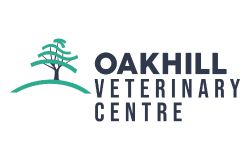

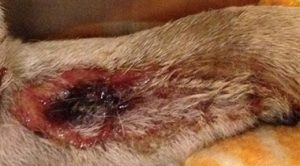
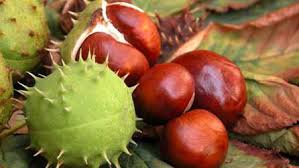
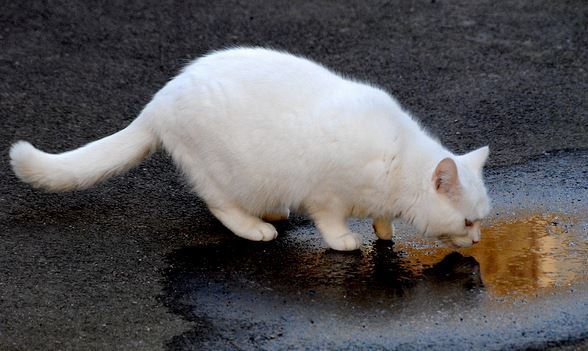

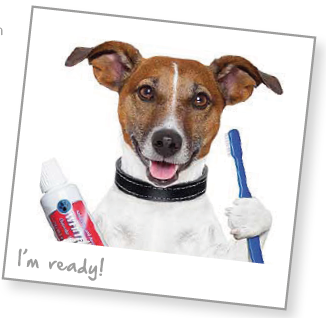
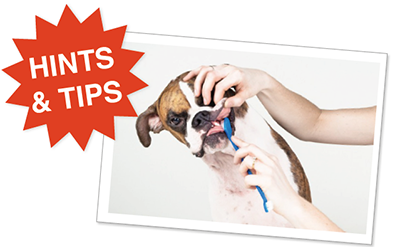 Keep your sessions short – 3 minutes is plenty twice a day once your dog has been trained to have their teeth brushed.
Keep your sessions short – 3 minutes is plenty twice a day once your dog has been trained to have their teeth brushed.